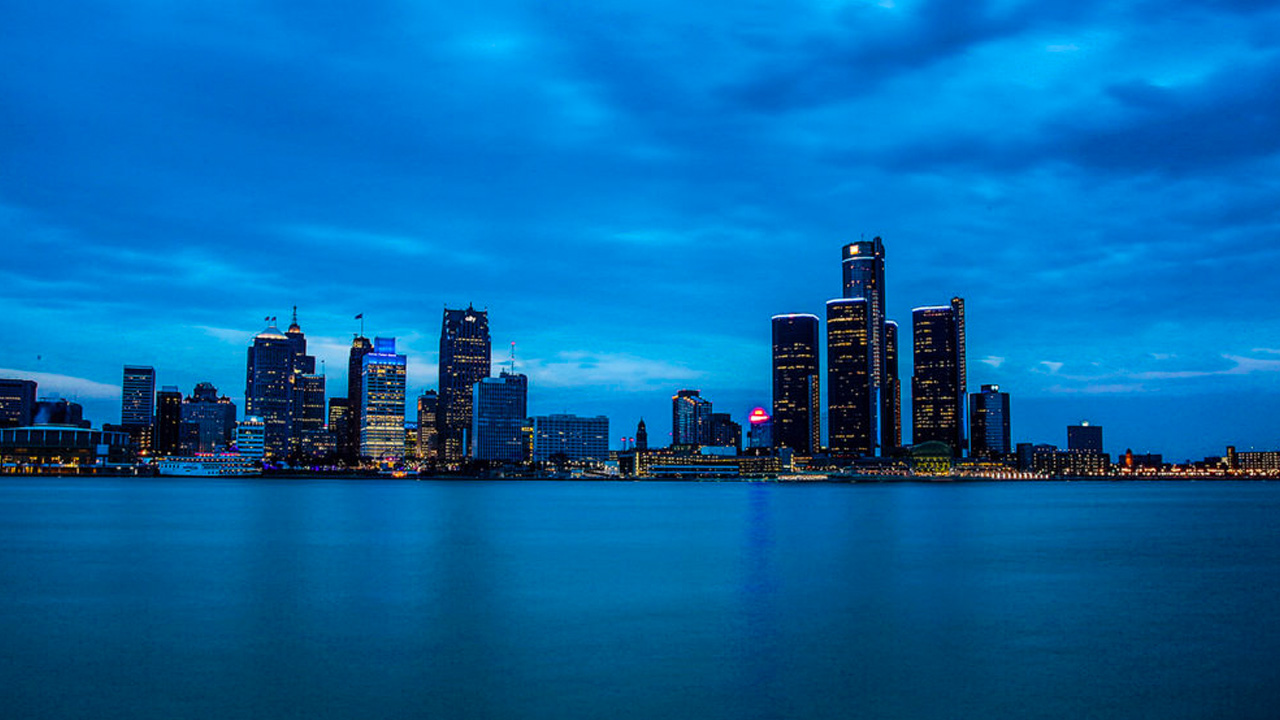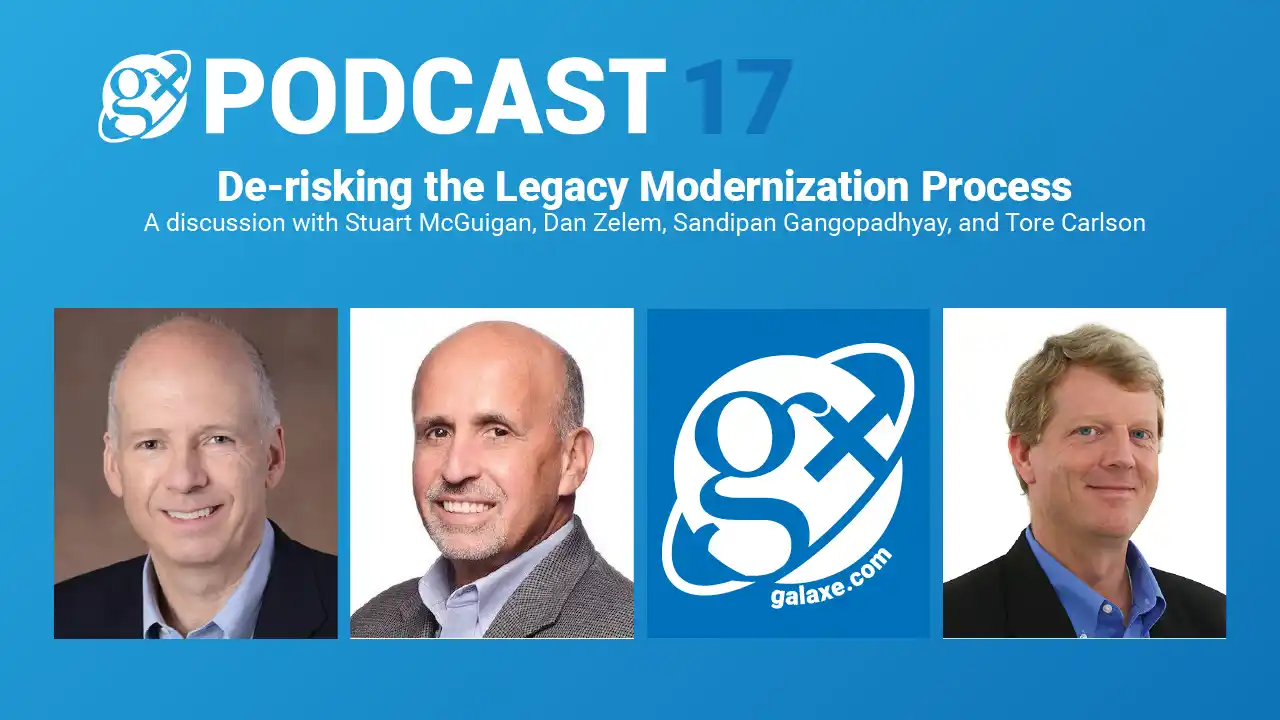Third World aura draws businesses to Detroit
Tim Bryan took his company to Bangalore, India, in 2002. Now, he’s moving it into the new Third World alternative: Detroit.
At the foot of Woodward, adjacent to Campus Martius, Bryan is steadily hiring information technology professionals to work in GalaxE Systems Inc.’s new Detroit hub.
The New Jersey-based firm is leasing at least two stories of a 25-story office tower that’s otherwise almost vacant –– a star-crossed building that in the 1960s was built to be the dazzling headquarters for First Federal Bank of Detroit.
GalaxE’s entry onto the scene shows how even Detroit’s notoriety can be a selling point to American companies that want to put their dollars to work in the United States.
If urban turnaround hasn’t always been at the top of corporate agendas, it could be moving up the scale, as the mystique of doing business thousands of miles away wears thin and high national unemployment rates create new empathy for Michigan’s jobless.
In this climate, few cities offer more visibility or potential reward for such commitment than Detroit.
“Our clients are interested,” says Bryan, whose privately held company specializes in health care database management. “They’re trying to contribute to the revitalization of Detroit.”
Detroit’s allure is more than just cheap commercial rent, state tax credits and the gritty, urban ambiance that appeals to young professionals. Bryan suggests that even Fortune 500 clients see the Detroit location as desirable, at a time when they want to see their work done in the United States.
“Many of them have clients in Michigan and can point to that contribution as socially responsible,” says Bryan.
Bryan says that the proximity to the Compuware Building –– and the impending move on 1,700 workers from Quicken Loans Inc. next month –– were also draws.
In addition to two offices in India, GalaxE operates out of Toronto, Miami and Summit, N.J., and markets itself as “onshore/off-shore” –– giving clients the opportunity to work in the United States and reap some of the savings of the Third World.
Detroit, though, offers some of the low-cost benefits of doing business in the Third World. The rent at 1001 Woodward Ave. –– between $14 and $17 per square foot –– is rock-bottom for a major city.
Detroit’s labor costs have dropped so far, even for technology workers, that Bryan tells his Fortune 500 clients they’ll pay only 5 percent more to work through Detroit than to send their business to Brazil.
GalaxE could have settled in Southfield or Flint (Bryan looked there) but ultimately decided that planting a growing IT company in downtown Detroit would make a statement, and help attract other high-tech businesses to what Quicken Loan’s Chairman Dan Gilbert calls “Webward Avenue.”
That’s a fanciful name for a would-be hive of high-tech companies with employees, eating, working, and living downtown, buzzing with innovative ideas for future Detroit’s brain-driven economy.
“It’s an opportunity to turn around an American city,” says Bill Emerson, the CEO of Quicken.
The reality is that Bryan flies in one to three days a week to work with 20 employees in a skyscraper originally built for thousands. To Detroit’s latest clutch of business visionaries, this is what opportunity looks like.








